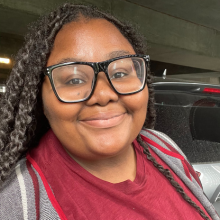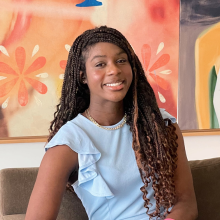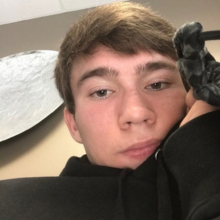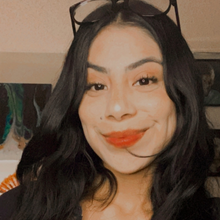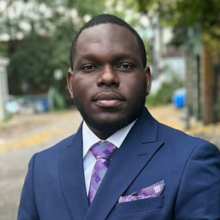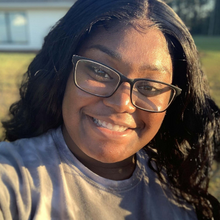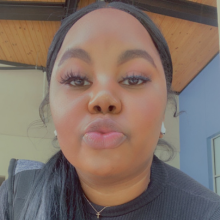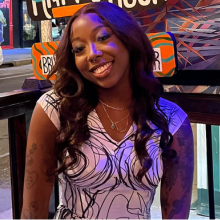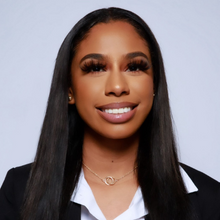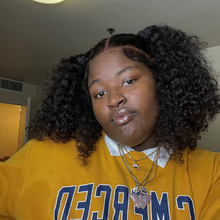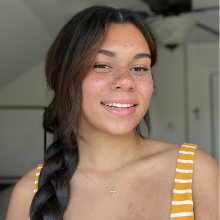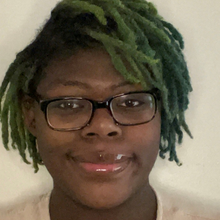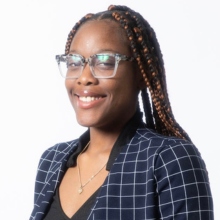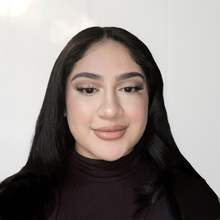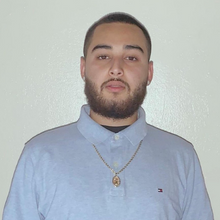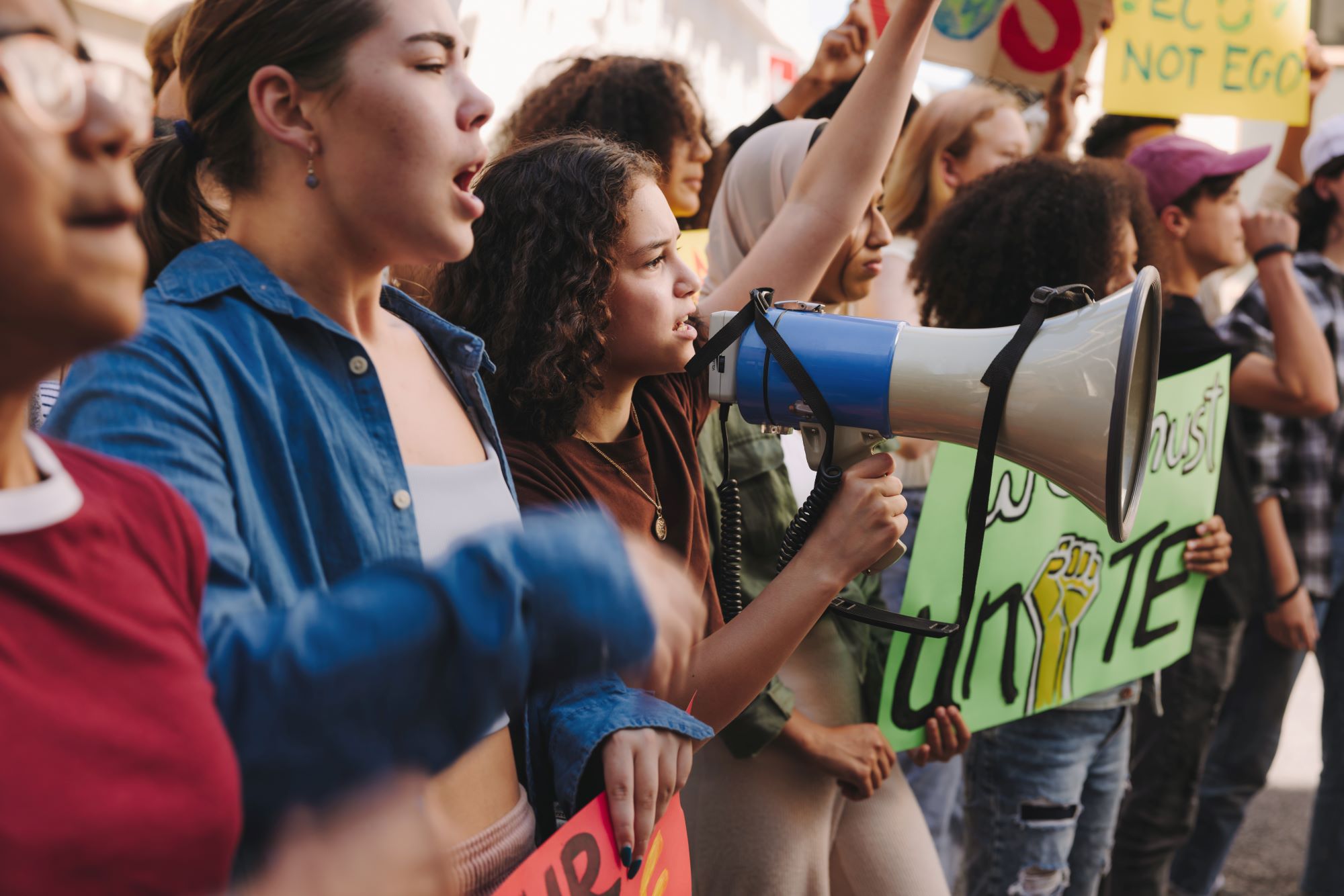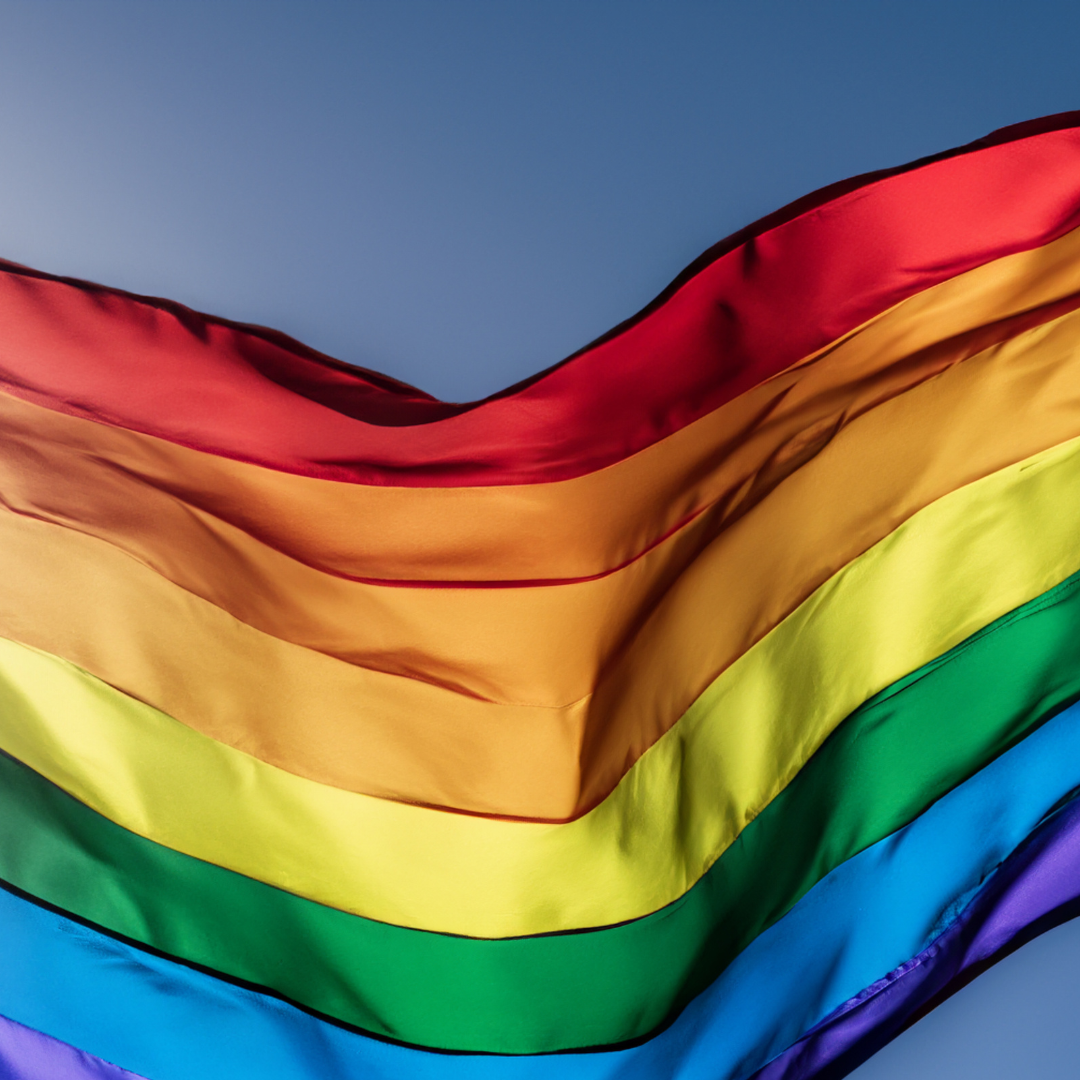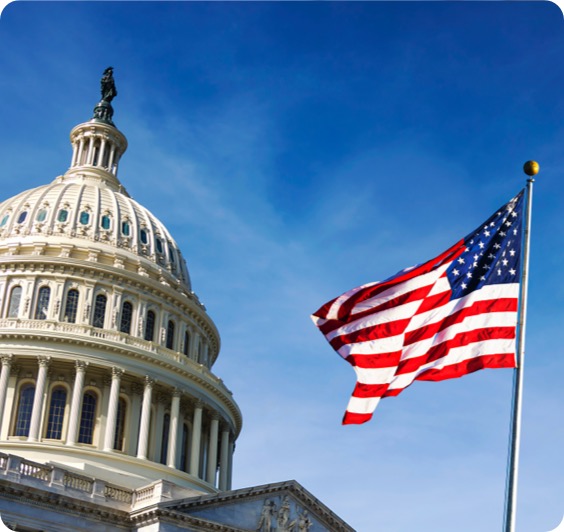We are working to drastically change the systemic challenges that youth—specifically older or “transition-age” youth (TAY) of color—who are or have been involved with the foster care system experience.
Atlanta Ambassadors
Los Angeles Ambassadors
New York Ambassadors
#CARES4Power
Follow us on Instagram to learn more about our work, the CARES Ambassadors, and the policies we are building to advance change for all transition age youth.
💬 "I want somewhere that I can have my own space and feel safe and at peace, and not worry about anything." — CARES Ambassador
In LA, young people dream of a better housing experience—a safe sanctuary where they can focus on their goals and mental health, without the constant worry of instability. The CARES Initiative calls for a housing system that truly supports the needs of transition-aged youth.
🏠 Join us TODAY in building a community that cares for young adults. Learn more at Policy in Action: Building a Community that CARES for Young Adults.
Register by clicking the link in our bio!
#Equity #YoungAdults #TAY #TransitionAgeYouth #CARES4Power #HousingSupport #MentalHealth #Wellbeing #ChildWelfare #AgingOut

In New York City, housing costs are a major barrier for young people who are just starting out, especially those who live paycheck to paycheck and have little to no savings. With the median rent for those under 25 eating up almost 40% of income—and high upfront costs like first and last month’s rent and security deposits—affordable housing is out of reach for many. 🏘️
CARES Ambassadors in NYC are calling for better housing supports that are safe, stable, healthy, and affordable, and free from the bureaucracy that many young people, especially those aging out of foster care, struggle to navigate.
Join us TODAY for Policy in Action: Building a Community that CARES for Young Adults to learn how we can create a better landscape of housing supports for young people.
Register by clicking the link in our bio!
#Equity #YoungAdults #TAY #TransitionAgeYouth #CARES4Power #HousingSupport #MentalHealth #Wellbeing #ChildWelfare #AgingOut

In Georgia, access to mental health care is a challenge: the state ranks 48th—second to last—for access to mental health care and nearly all of Georgia’s counties face a shortage of mental health professionals.
⚠️ Barriers like out-of-pocket costs, waitlists, disruptions in care, and a shortage of providers leave young people without the care they need to succeed in school, work, and life.
The CARES Initiative calls for access to high-quality, accessible, affordable, and affirming mental health services and supports that meet their needs. Join us TODAY for Policy in Action: Building a Community that CARES for Young Adults to learn more about their vision.
Register by clicking the link in our bio!
#Equity #YoungAdults #TAY #TransitionAgeYouth #CARES4Power #HousingSupport #MentalHealth #Wellbeing #ChildWelfare #AgingOut

Young people who have the mental health supports they need can succeed in school, at work, and throughout life. Yet all too often, young people struggle with their mental health and are unable to find the resources they need. In 2020, 45% of children and youth in Georgia had difficulty accessing or could not access the services they needed.
✨ CARES Ambassadors envision a future where mental health care is accessible, respectful, and responsive to their needs. They deserve a system that supports their well-being and helps them pursue their dreams.
Join us TODAY for Policy in Action: Building a Community that CARES for Young Adults to learn more about how we can build a youth-centered mental health system. Register now by clicking the link in our bio!
#Equity #YoungAdults #TAY #TransitionAgeYouth #CARES4Power #HousingSupport #MentalHealth #Wellbeing #ChildWelfare #AgingOut

Cara Baldari, Vice President of Family Economics, Housing, and Homelessness at First Focus on Children, will be a featured speaker at Building a Community That CARES for Young Adults on October 30th.
With over a decade of experience at First Focus, Cara has played a leading role in advocating for policies that combat child poverty and homelessness, including her work on the U.S. Child Poverty Action Group and securing federal funding for the National Academies study, A Roadmap to Reducing Child Poverty. Her expertise will bring valuable insights into the housing policy solutions needed to support young people transitioning out of foster care.
🗓️ Event Date: October 30th
🕐 Time: 1:00 - 2:30 PM ET / 10:00 - 11:30 AM PT
Don’t miss this opportunity to hear Cara’s perspective on youth-centered housing policies and ending youth homelessness.
Register by clicking the link in our bio!
#Equity #YoungAdults #TAY #TransitionAgeYouth #CARES4Power #HousingSupport #MentalHealth #Wellbeing #ChildWelfare #AgingOut

Elizabeth Villa, a Close-In Ambassador for the CARES Initiative from Los Angeles, will be a featured speaker at Building a Community That CARES for Young Adults on October 30th. A dedicated parent and advocate, Elizabeth has channeled her personal experiences as a former foster youth with a child into her work with advocacy groups supporting youth impacted by the child welfare and juvenile justice systems.
Her goal is to continue her advocacy journey, pushing for legislative change and helping young people, especially those from lower-income and marginalized communities, access essential resources like housing, education, and mental health support.
🗓️ Event Date: October 30th
🕐 Time: 1:00 - 2:30 PM ET / 10:00 - 11:30 AM PT
Hear Elizabeth’s powerful insights on youth-centered housing policies that aim to create better futures for young people transitioning out of foster care.
Register by clicking the link in our bio!
#Equity #YoungAdults #TAY #TransitionAgeYouth #CARES4Power #HousingSupport #MentalHealth #Wellbeing #ChildWelfare #AgingOut

Did you know nearly two-thirds of unhoused young people in Los Angeles cite economic hardship as the reason they can`t secure housing? High costs and underfunded assistance programs are creating barriers for young people trying to establish stability.
The CARES Initiative is calling for a different and better housing experience, including expanding eligibility for housing vouchers and removing barriers that exclude young people from accessing quality housing to help them find homes in safe, opportunity-rich neighborhoods.
Explore their policy recommendations at Policy in Action: Building a Community that CARES for Young Adults.
Register by clicking the link in our bio!
#Equity #YoungAdults #TAY #TransitionAgeYouth #CARES4Power #HousingSupport #MentalHealth #Wellbeing #ChildWelfare #AgingOut

Kayonda Branch, a Close-In Ambassador for the CARES Initiative, will be a featured speaker at Building a Community That CARES for Young Adults on October 30th. As an advocate counselor for Good Shepherd Services, Kayonda is dedicated to supporting youth in the foster care and juvenile justice systems.
Her personal experience as a former foster youth drives her passion for improving housing solutions that better support young people transitioning into adulthood.
Kayonda’s insights will contribute to a discussion on youth-centered housing policies in New York City and Los Angeles, highlighting the changes needed to ensure all young people have access to stable, safe housing in their communities.
🗓️ Event Date: October 30th
🕐 Time: 1:00 - 2:30 PM ET / 10:00 - 11:30 AM PT
Don’t miss the opportunity to hear Kayonda’s perspective on housing policies that empower youth.
Register by clicking the link in the bio!
#Equity #YoungAdults #TAY #TransitionAgeYouth #CARES4Power #HousingSupport #MentalHealth #Wellbeing #ChildWelfare #AgingOut

Recent Blogs
Young People Deserve More From the Budget: A Statement from our CARES Ambassadors
Washington, DC (July 28, 2025) – The CARES Ambassadors, young adults between the ages of 18 and 26 years old with experience in the foster care system, are appalled by the tax and budget…
more.2024 Capitol Hill Policy Briefing: Queer and Vulnerable
Danie Guzman joined the Congressional Hispanic Caucus Institute’s 2024 Capitol Hill Policy Briefing—Queer and Vulnerable, alongside Shadi Houshyar, CSSP, and Currey Cook, Lambda Legal. They discussed opportunities to support and affirm LGBTQ+ young people…
more.Opportunities to Create Affirming and Supportive Communities for LGBTQ+ Young People
All young people belong to families and communities and deserve our collective love and support. Young people want to be seen for their “whole selves”—that is, in the full beauty and complexity of who…
more.Empowering Foster Youth: The Case for Supporting the Increasing Access to Foster Care Through 21 Act
In the ever-evolving landscape of foster care, the needs of transitioning youth demand attention and action. As organizations deeply invested in the success and well-being of these young individuals, we unite in support of…
more.
